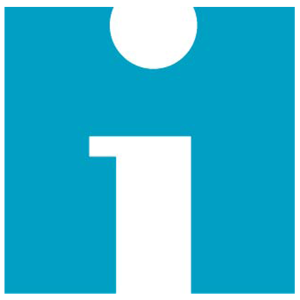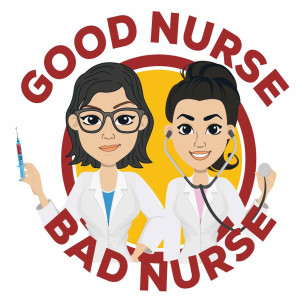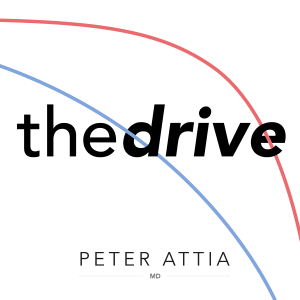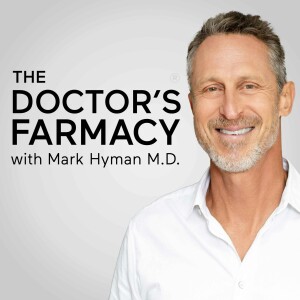
WIHI - A Podcast from the Institute for Healthcare Improvement
Health & Fitness:Medicine
Date: January 13, 2011
Featuring:
- Neil Baker, MD, IHI Faculty and Improvement Advisor; Improvement Consultant, Neil Baker Consulting
- Lawrence Shapiro, MD, Managed Care Medical Director, Palo Alto Medical Foundation
Here’s something most clinical and quality leaders agree with: a lot of specialty care isn’t always necessary or beneficial. What’s more, there’s tremendous variation across the US in the use of specialist services — variation that tends to be driven by the volume of what’s available, not the health needs of a community’s residents.
Meanwhile, in the trenches of decision making and with state-of-the-art interventions available to diagnose and treat diseases of all sorts, doctors and patients want what’s best, and potentially lifesaving. We applaud the oncologist who’s carefully helping a patient with cancer weigh treatment options; we respect the cardiologist who’s prescribing someone who’s had a heart attack the best medications to prevent a recurrence; we want the C-section for the pregnant woman who might lose her baby otherwise.
It’s in this context that Doctors Neil Baker and Lawrence Shapiro and others are hard at work creating a framework to help providers get closer to an appropriate use of specialty services — to reduce unnecessary health care costs and to deliver better care to patients. Neil Baker is the co-author of a 2010 IHI white paper, Reducing Costs Through the Appropriate Use of Specialty Services, that lays out a six-step process for generating good data about current practice patterns, analyzing the information, and making agreed-upon changes.
In this model, physicians (including those making referrals to specialists) are partners and problem solvers in their areas of expertise, not passive recipients of external rules. Just ask Lawrence Shapiro. The work that’s been underway at the Palo Alto Medical Foundation in California is case in point of what’s possible.
Improving when, why, and how specialty care is tapped also intersects with robust work going on across the country, and globally, with shared decision making — where patients, too, better understand their options and the benefits, or not, of obtaining specialty care. WIHI host Madge Kaplan delves into a topic that is not rocket science in terms of solutions, but deserves plenty of attention and requires the best minds, and experiences on the ground, in order to make the right kinds of changes.
Create your
podcast in
minutes
- Full-featured podcast site
- Unlimited storage and bandwidth
- Comprehensive podcast stats
- Distribute to Apple Podcasts, Spotify, and more
- Make money with your podcast
It is Free
You may also like

Good Nurse Bad Nurse


The Relaxback UK Show


On Call With Dr. Anselm Anyoha


The Peter Attia Drive


The Doctor’s Farmacy with Mark Hyman, M.D.


- Privacy Policy
- Cookie Policy
- Terms of Use
- Consent Preferences
- Copyright © 2015-2024 Podbean.com


 iOS
iOS Android
Android